
Your Body May Be Telling You Your Arteries Are Clogged — 10 Signs to Know
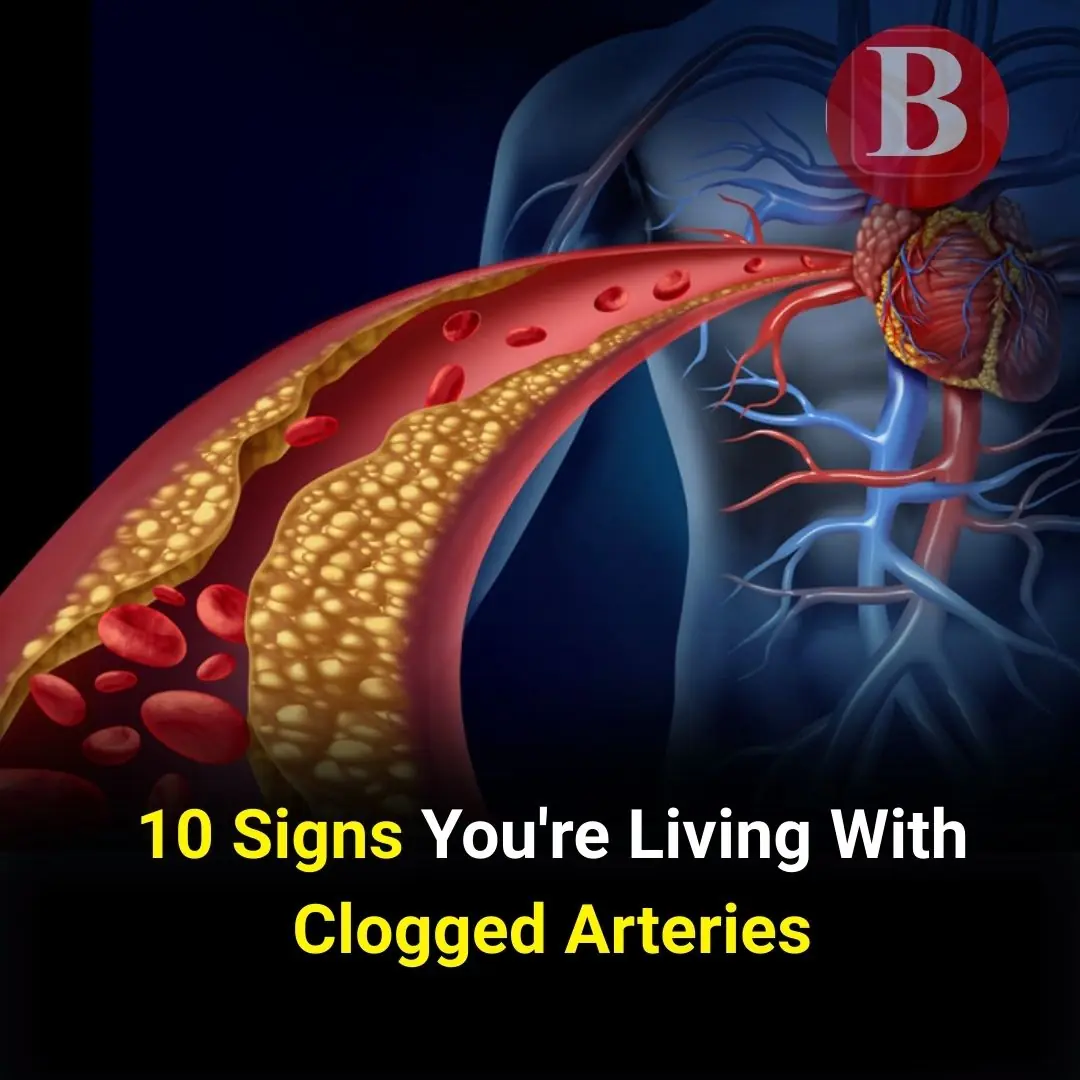
10 Subtle Symptoms That Could Mean Your Arteries Are Clogged
Clogged arteries, also known as atherosclerosis, develop when plaque builds up along the walls of your arteries. Over time, this can restrict blood flow to vital organs, potentially leading to heart attacks, strokes, or other serious health issues. The problem is that the symptoms often start subtly and can be easily overlooked. Recognizing the early warning signs can save your life. Here are ten subtle symptoms that may indicate your arteries are clogged.
1. Chest Pain or Tightness
One of the most recognized signs of clogged arteries is chest discomfort. You might feel pressure, heaviness, or a squeezing sensation in your chest, which can radiate to your arm, neck, jaw, or back. Many people mistake this for indigestion, stress, or muscle strain, which can delay seeking medical attention.
2. Unusual Fatigue
Feeling extremely tired after normal activities, such as climbing stairs or walking short distances, may indicate your arteries are struggling to supply enough oxygen-rich blood to your muscles. Unlike typical tiredness, this fatigue doesn’t improve with rest or extra sleep and can be a sign of cardiovascular issues.
3. Leg or Foot Pain
Pain, cramping, or heaviness in your legs or feet while walking or exercising can indicate peripheral artery disease, which is caused by plaque restricting blood flow to the limbs. The discomfort often eases when you rest, but it shouldn’t be ignored.
4. Shortness of Breath
If you notice you become winded after light activity, or even while at rest, your heart may be working harder to pump blood through narrowed arteries. Shortness of breath is often dismissed as simply being out of shape, but persistent episodes warrant medical evaluation.
5. Numbness or Weakness in Limbs
Tingling, weakness, or numbness in your arms or legs can be caused by reduced blood flow. These sensations may occur on one side more than the other and could also signal that your brain or limbs aren’t receiving enough oxygen.
6. Cold Hands and Feet
Unusually cold extremities, especially if one hand or foot is colder than the other, may indicate poor circulation. Skin may appear pale or bluish, signaling that your arteries are restricting blood flow.
7. Dizziness or Lightheadedness
Feeling faint, dizzy, or experiencing balance issues can result from insufficient oxygen reaching your brain due to blocked arteries. While these symptoms are often subtle, they shouldn’t be ignored, especially if they appear frequently.
8. Trouble Sleeping / Sleep Apnea
Sleep problems such as frequent waking, snoring, or sleep apnea can also be linked to clogged arteries. Poor circulation may lower oxygen levels during sleep, putting additional strain on the heart and signaling early cardiovascular issues.
9. Jaw or Neck Pain
Discomfort in the jaw, neck, or throat can sometimes be mistaken for dental or muscular problems. Interestingly, this type of pain is more commonly reported in women as an early symptom of heart disease.
10. Irregular Heartbeat (Arrhythmia)
Fluttering, pounding, or skipped heartbeats may occur intermittently, but persistent irregularities can indicate circulation problems. A sudden change in your heartbeat pattern is a warning sign to consult your doctor immediately.
What to Do if You Notice These Symptoms
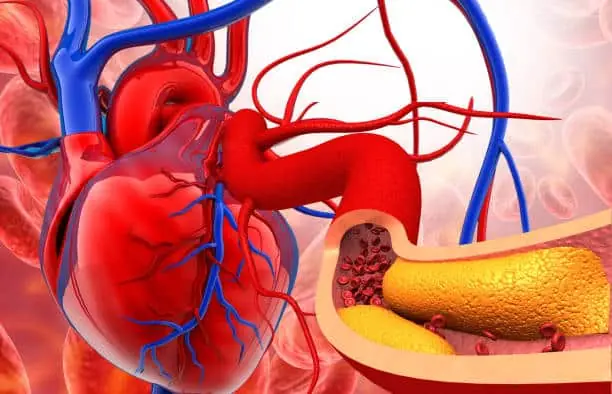
Many of these symptoms overlap with other common conditions, which is why they are often overlooked. However, ignoring them can be dangerous. If you experience any of the above signs consistently, it’s important to seek medical advice.
Prevention is key. Simple lifestyle changes can help protect your arteries and overall cardiovascular health:
-
Follow a heart-healthy diet, rich in fruits, vegetables, whole grains, and lean proteins.
-
Engage in regular physical activity to improve blood flow and maintain a healthy weight.
-
Manage stress effectively through relaxation techniques, meditation, or hobbies.
-
Ensure quality sleep, aiming for 7–9 hours per night.
-
Avoid smoking and limit alcohol consumption.
By staying attentive to your body and taking proactive steps, you can help prevent plaque buildup and maintain healthy arteries for years to come.
News in the same category

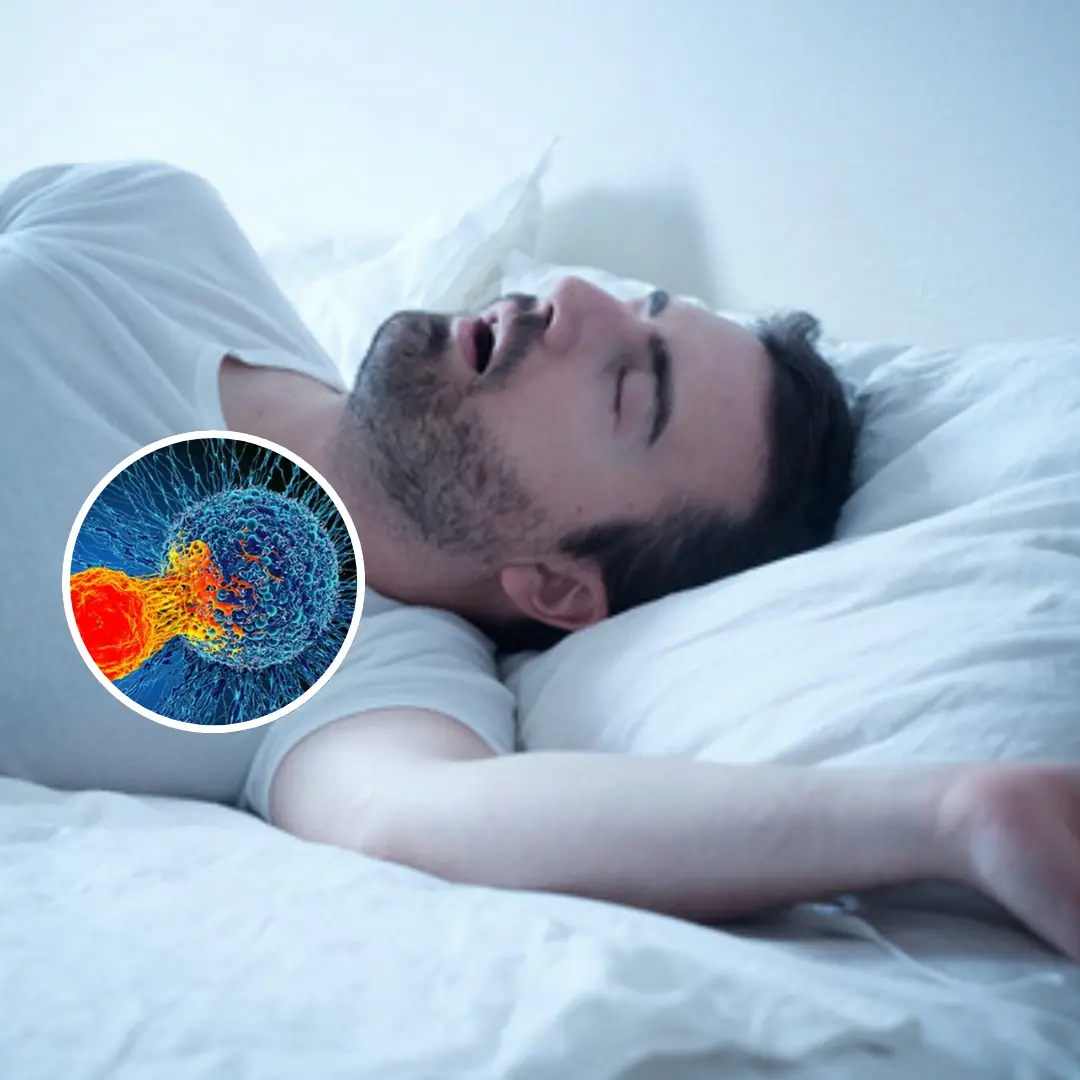
5 nighttime symptoms while sleeping that could indicate can.cer

42-year-old man suffers sudden stro.ke despite not smo.king or drin.king: Doctor says it was caused by “three habits”

A mother and her two sons all develop lu.ng can.cer even though no one in the family smokes — The unexpected cause

4 Evening Symptoms That May Signal Liver Failure
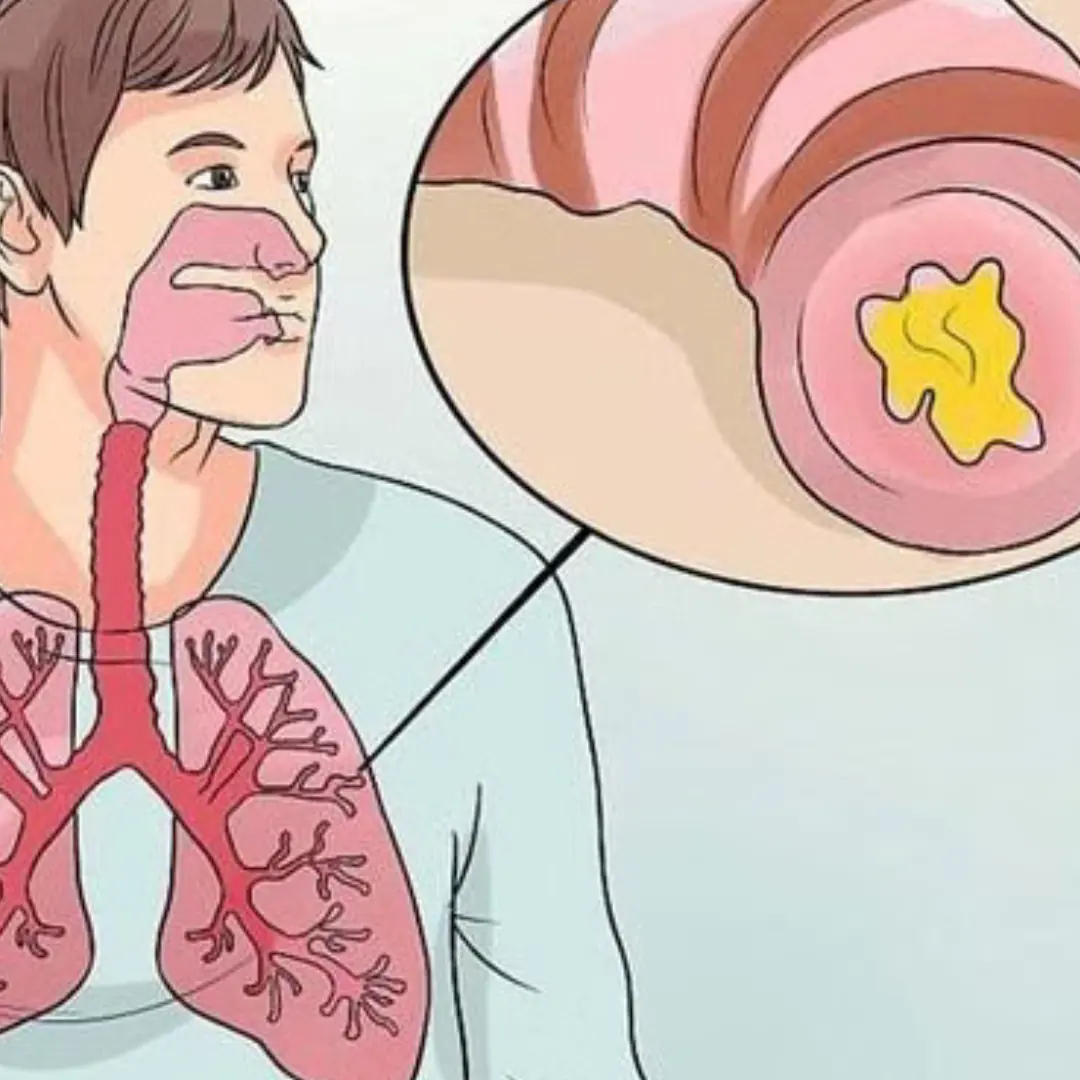
Symptoms of chronic bronchitis and treatment

A Common Mistake Everyone Makes: It’s Not Leftovers — These 5 Foods Are the Real “Silent Kil.lers” Hiding in Your Kitchen!
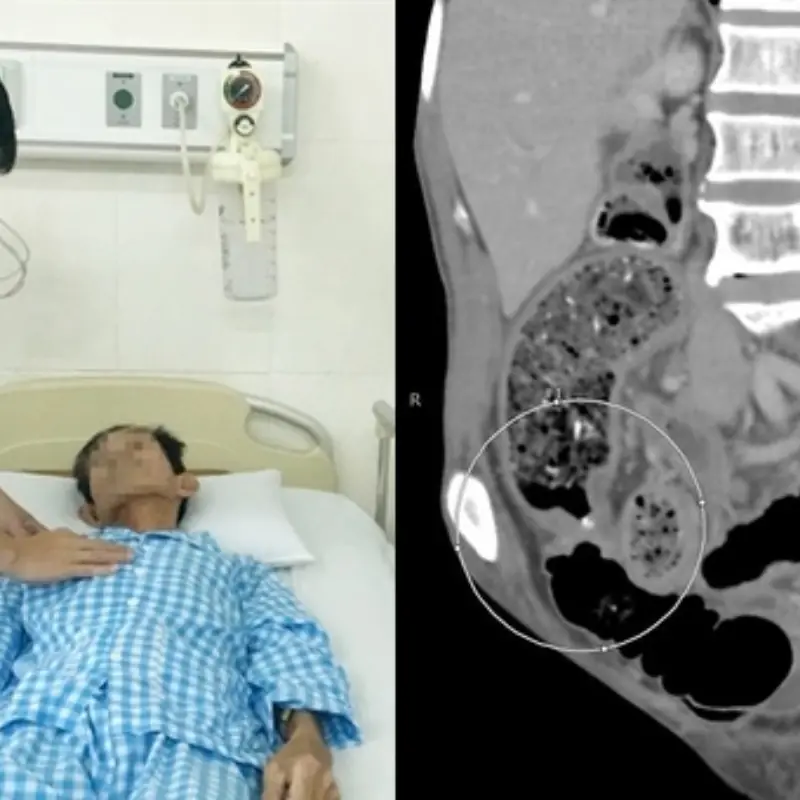
Doctors Reveal the Cause: Ignoring His Constipation Symptoms Cost a 41-Year-Old Man His Life in Just One Month
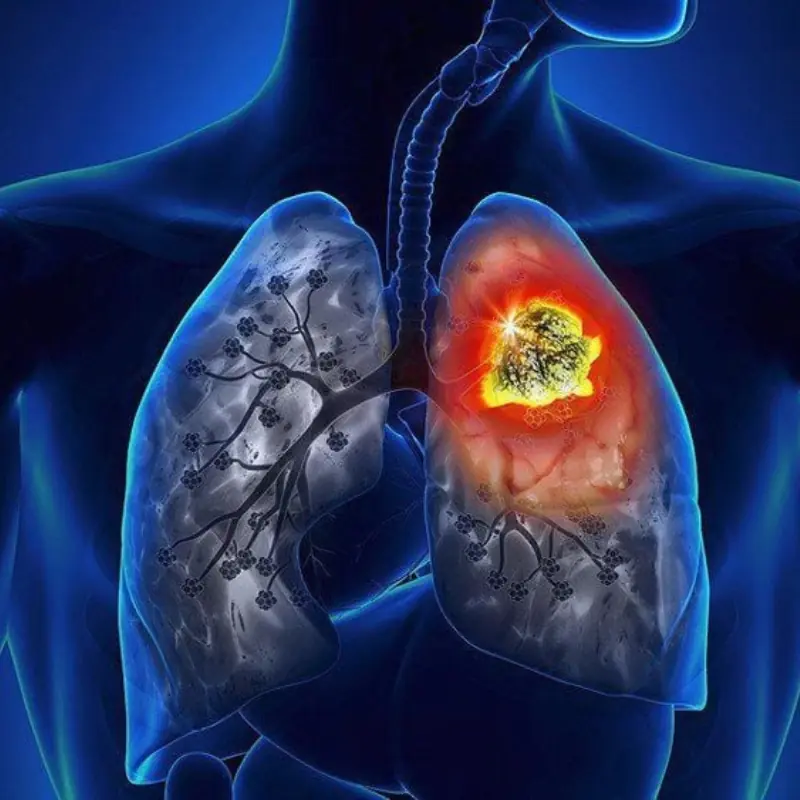
A Small Spot on the Chest Seemed Harmless… but Doctors Say It’s a ‘Silent Killer’ Hiding in the Lungs

Shocking: A Mission to Mars Could ‘Destroy’ Astronauts’ Kid.neys — What Is NASA Warning About?

The Faithful Dog Who Braved the Storm and Found Love in the Most Unexpected Companion

She Walked Away and Chose Her Son Over Me — But It Was Grandma Who Stepped In and Taught Her a Lesson That Changed Everything Forever
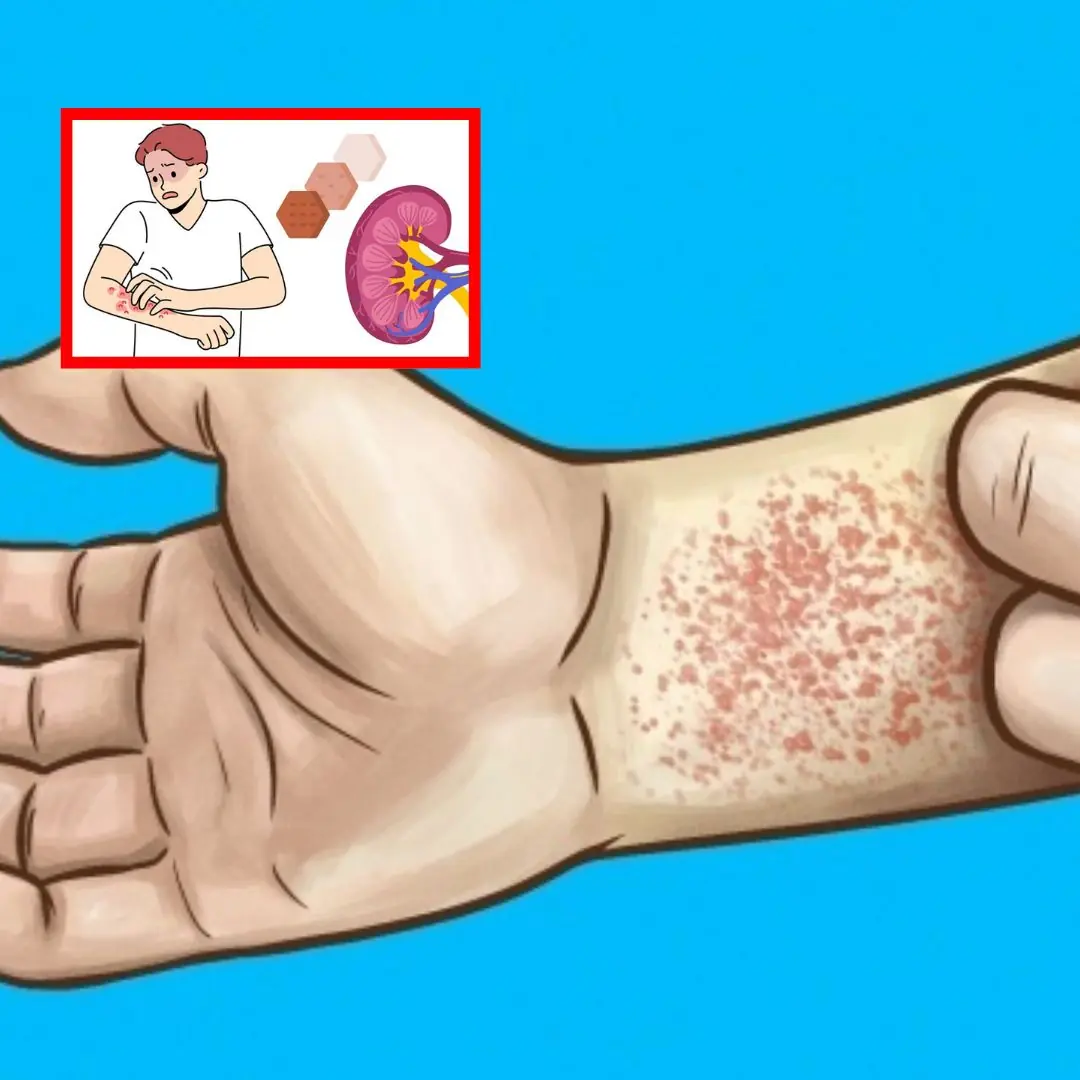
10 signs that you have kidney disease without knowing it

10 Warning Signs That May Indicate Abnormal Cell Growth in the Body
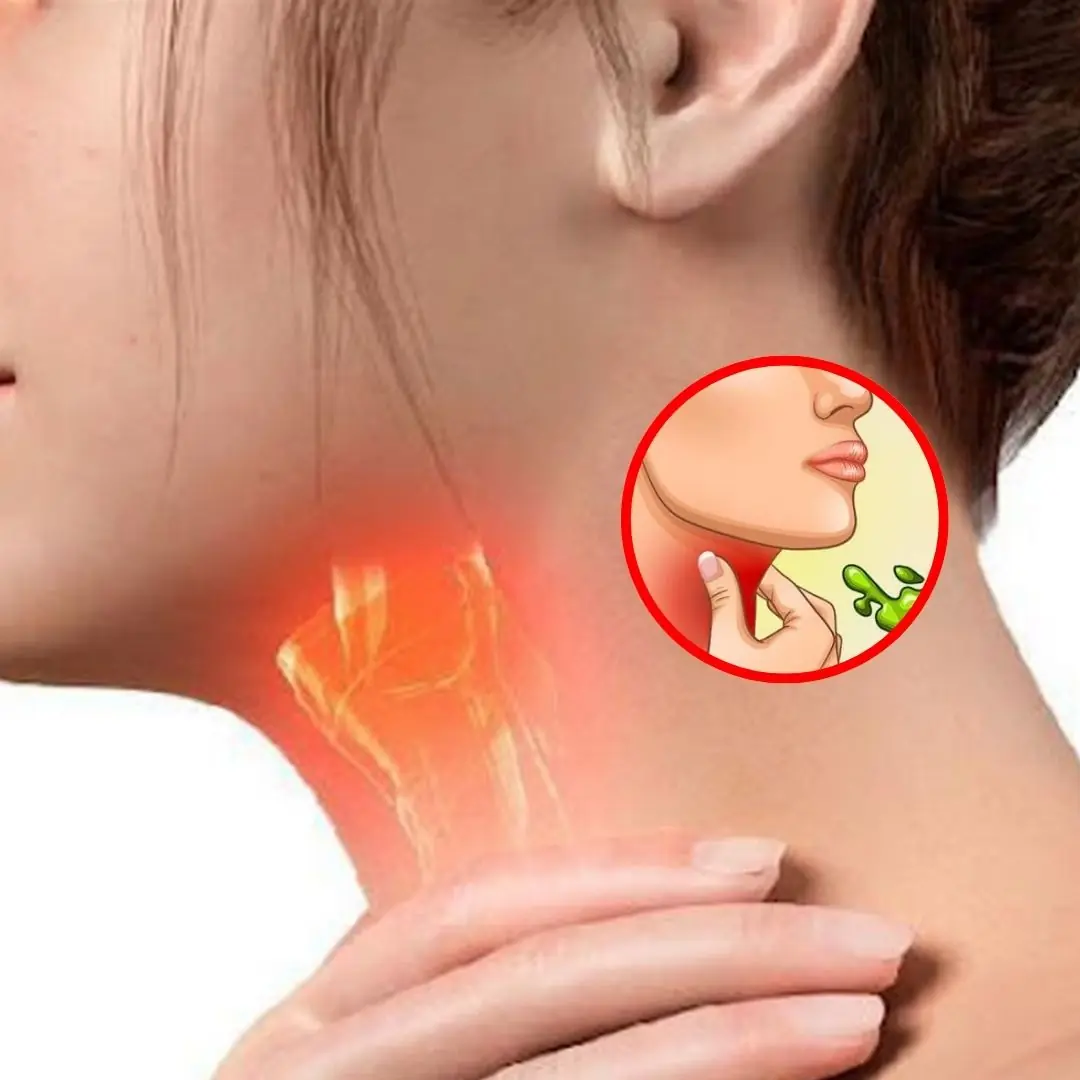
8 Ways To Get Rid Of Phlegm And Mucus In Chest And Throat

Stretch your ring finger with your thumb and hold it for a few seconds. you'll love the reason!

4 “Can.cer-Causing Culprits” Hiding Quietly in Your Home

Black beans combine these two types of seeds to become a 'miracle drug': Increase collagen production, slow down aging, prolong life 👇 👇

Woman goes to the doctor for indigestion, finds out she has liver can.cer: Doctor panics: "Who eats breakfast like this for 20 years?"
News Post

My Stepmom Took the Christmas Gift My Dad Left Me And Told Me I Didnt Deserve It, Unaware It Was a Test

The Silent Bond: How My Autistic Brother’s First Words Changed Everything

She left her children in the fir forest for a life of wealth—but the past found her 18 years later

The orphan girl who inherited a modest house deep in the forest went mushroom picking and found an airplane… One look inside the cockpit changed everything…

Then have dinner with your mother, I’m going home, — I snapped at my husband who had brought my mother-in-law to the restaurant

At 61, I reunited with my first love — a remarkable story of love, healing, and a new beginning

A daughter growing up with love: how a devoted dad built a life of strength and family

How an unexpected knock reunited a family and reshaped a father’s heart forever

Grandma’s Kraft Dinner

4 fruits that "feed" can.cer cells avoid them at all costs, no matter how cheap they are

5 nighttime symptoms while sleeping that could indicate can.cer

42-year-old man suffers sudden stro.ke despite not smo.king or drin.king: Doctor says it was caused by “three habits”

I Found My Husband’s Second Wedding Photos—And He’s the Groom and Father of the Bride

A DNA Test Revealed I Have a Son… But I’ve Never Given Birth

Echoes of the Forgotten Meadow

A Revealing Mother’s Day Gift That Changed Everything

A mother and her two sons all develop lu.ng can.cer even though no one in the family smokes — The unexpected cause

My wife refused our deaf newborn: ‘leave him at the hospital—I’m not raising a child like this
